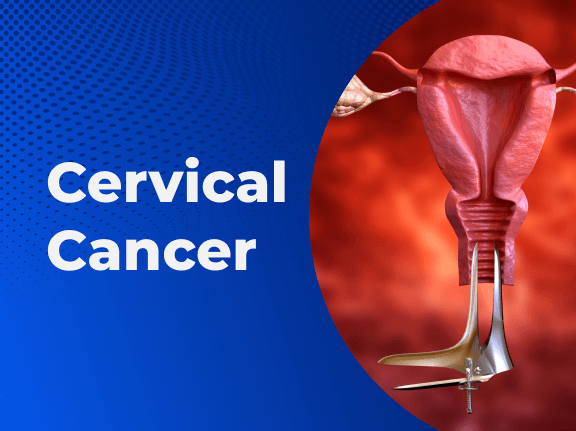
An oncologist specialising in breast cancer research and treatment, Dr. Sarah Thompson has emphasised the need for a comprehensive and collaborative initiative within Africa, in response to persistent challenges associated with cervical cancer.
In an interview with Science Nigeria in Abuja, she called on the African Union to intervene, as she shed light on the multifaceted approach required to address the prevalent issue of cervical cancer on the continent.
Cervical cancer stands as the second most common cancer among African women, with breast cancers ranking first, according to the Africa Centre for Disease Control. Despite the availability of a vaccine since 2009 that is nearly 100 per cent effective in preventing cervical cancer, only 22 out of 54 African countries have included the HPV vaccine in their national immunisation programs. Even in those countries that have, the coverage falls well below the target of 90 per cent.
Thompson advocates for a collaborative effort that encompasses increased awareness, strengthened healthcare infrastructure, improved vaccination coverage and the implementation of effective screening and early detection programs across the continent.
“Cervical cancer continues to be a prevalent health concern for women across the continent, maintaining its status as the second most common cancer among African women. Despite progress in global healthcare, several factors contribute to the persistently high incidence of cervical cancer on the continent,” she notes.
One significant contributing factor is the limited access to cervical cancer screening programmes. Many African countries face challenges in establishing and maintaining widespread screening initiatives, resulting in a significant portion of women not undergoing regular screenings for early detection.
Insufficient awareness about the importance of regular pap smears and human papillomavirus (HPV) vaccination plays a crucial role in the high incidence rates. Lack of education on preventive measures and the benefits of early detection contributes to delayed diagnoses and treatment.
Inadequate healthcare infrastructure, particularly in rural areas, poses a significant barrier to accessing quality healthcare services, including difficulties in obtaining cervical cancer screening, accurate diagnosis and timely treatment.
Thompson highlights HPV infection as a leading risk factor for cervical cancer, with certain regions in Africa experiencing a higher prevalence of specific high-risk HPV types, increasing the overall risk of cervical cancer among women.
The availability and accessibility of HPV vaccines remain limited in many African countries, reducing opportunities for preventing HPV infections—a critical step in lowering cervical cancer rates.
Sociocultural factors, such as stigma surrounding reproductive health issues, may discourage women from seeking preventive care or discussing symptoms related to cervical cancer. Limited access to timely and effective treatment further impacts the overall survival rates for cervical cancer patients.
Thompson emphasised that collaborative efforts from the African Union, governments, healthcare organisations, and international partners are essential to reducing the burden of cervical cancer and promoting women’s health across Africa. The call is for a united front in the fight against cervical cancer, advocating for proactive measures to improve women’s health and alleviate the burden of this prevalent disease.

